How do successful businesses today meet the rising demands of sustainability while ensuring social responsibility?
Enter ISO 14075, a groundbreaking framework that focuses on understanding and managing the social dimensions of product life cycles. The framework is designed to complement traditional Life Cycle Assessment (LCA) approaches by adding a crucial social dimension.
With organizations seeking to comply with global standards and contribute to the United Nations Sustainable Development Goals (SDGs), ISO 14075 offers pertinent strategies for holistic social impact assessments.
What is ISO 14075?
ISO 14075:2024 — Environmental management — Principles and framework for social life cycle assessment is an international standard that provides a structured framework for the Social Life Cycle Assessment (S-LCA) of products. While traditional LCAs mostly assess environmental impacts, ISO 14075 steps forward to address social aspects—ranging from labour conditions and human rights to community impacts and societal well-being—throughout a product's life cycle.
The framework dives deep into evaluating the social implications of raw materials extraction, production, transportation, use, and eventual disposal. Through ISO 14075, organizations can systematically measure both positive and negative social impacts attributed to their product systems. By following its guidelines, companies can align their processes more effectively with corporate social responsibility and sustainable business practices.
Understanding the Structure of ISO 14075
The framework outlines four key phases for conducting a Social Life Cycle Assessment:
1. Goal and Scope Definition
Establishing the objectives and scope of the assessment is the foundational step. This involves pinpointing social issues such as labour equality, working conditions, and community well-being that warrant evaluation. A clear scope helps direct subsequent stages of the S-LCA.
2. Social Life Cycle Inventory Analysis (S-LCI)
In this phase, gather and quantify social data related to each stage of the product's life cycle. This involves both qualitative and quantitative data collection, focusing on various social parameters like working hours, employee welfare, and community interactions.
3. Social Life Cycle Impact Assessment (S-LCIA)
This stage involves understanding the magnitude and significance of the impacts identified in the inventory analysis. Recognizing key social hotspots—units or processes that significantly affect human well-being—helps prioritize effective intervention strategies.
4. Interpretation
Comprehensive interpretation of results facilitates informed strategy formulation by organizations—bringing to light actionable plans to enhance positive implications while mitigating potential adverse impacts.
The Purpose and Scope of ISO 14075
ISO 14075 was established to address the growing need to assess social dimensions in product lifecycles. By offering a framework compliant with the United Nations Sustainable Development Goals, it guides organizations to account for social responsibility.
Key Aspects Covered by ISO 14075 Include:
- Goal and Scope Definition: Laying the groundwork for what social issues will be evaluated in the lifecycle.
- Inventory Analysis: Compiling data for systematic assessment.
- Impact Assessment: Analyzing data to evaluate potential social impacts.
- Interpretation and Reporting: Drawing insights to inform responsible decision-making and enhance transparency.
By harnessing this framework, companies can assess the social performance of their products, elevating their contributions to sustainable development.
The Benefits of Implementing ISO 14075
Integrating ISO 14075 in your sustainability strategy yields numerous benefits:
Alignment with UN SDGs
The integration of social criteria into life cycle assessments positions organizations to directly contribute to several SDGs, such as decent work, reduced inequalities, and responsible consumption.
Managing Social Risks
ISO 14075 illuminates social risks, whether they involve sub-standard working conditions or disruptions within communities. By identifying these risks, organizations can address and manage them proactively to improve social outcomes.
Strengthening Stakeholder Relationships
Commitment to transparent social assessments using ISO 14075 fosters trust and strengthens relationships with stakeholders, including employees, suppliers, and communities.
How to Get Verified Under ISO 14075
Verification can be a valuable asset in your sustainability toolkit. Here’s how you can smoothly navigate this process:
- Define Objectives: Determine which social criteria you aim to address, shaping the overall goal and scope of your S-LCA.
- Collect Social Data: Engage in systematic data collection, focusing on both qualitative and quantitative measures of social metrics across the life cycle.
- Assess Impacts: Use the information gathered to evaluate the significance of social impacts, guiding how you prioritize actions.
- Implement Changes: Based on interpretation, create strategies for improving social performance, whether through enhanced labour conditions or better community engagement.
- Document and Report: Maintain transparency by documenting and sharing findings, highlighting actions taken and results achieved.
About the International Standards Organization (ISO)
The International Standards Organization (ISO) is an independent, non-governmental body that enacts global standards across various industries, ensuring safety, efficiency, and interoperability. Established in 1947, ISO has been instrumental in advancing international trade through standardization. ISO 14075 is among the efforts to uphold environmental integrity and social responsibility in organizational activities worldwide.
ISO facilitates the development of international standards through technical committees, which draw expertise from various sectors, including governmental and non-governmental bodies. By harmonizing and simplifying processes, ISO fosters innovation and reliable standards.
Summary
ISO 14075 is a transformative standard that allows companies to comprehensively assess and address the social dimensions of their product life cycles. Incorporating ISO 14075 enhances organizational transparency, optimizes stakeholder engagements, and aligns operations with global mandates such as the Sustainable Development Goals.
Embracing social responsibility not only fortifies your company's reputation but positions it as a leader in sustainable practices. Engage with ISO 14075 today to entrench sustainability as a cornerstone of your business strategy, unlocking avenues for continued success and responsible growth.
With its holistic assessment approach, this standard will help your organization support communities, optimize well-being, and pioneer socially conscious operations.
If you want to measure your carbon using other ISO standards, request a demo and tour Arbor’s automated carbon footprinting platform today!
Measure your carbon emissions with Arbor
Simple, easy carbon accounting.
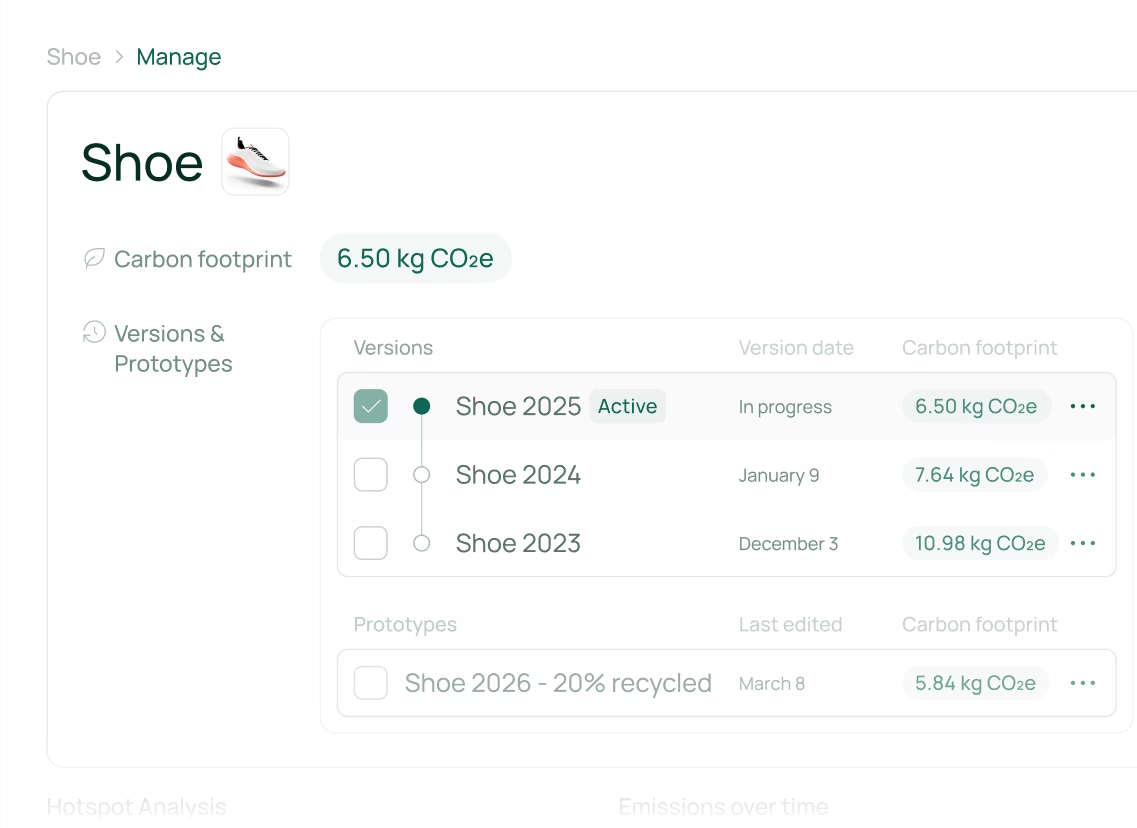
FAQ about ISO 14075:
How does ISO 14075 contribute to the Sustainable Development Goals?
ISO 14075 contributes to the Sustainable Development Goals by providing a framework integrating social dimensions into life cycle assessments. This enables organizations to identify and address social impacts on human well-being and labour conditions throughout a product's life cycle. This alignment supports decent work, reduced inequalities, and responsible consumption and production.
What are the main principles outlined in ISO 14075?
The main principles of ISO 14075 include establishing a structured framework for evaluating social impacts across product life cycles, defining clear goals and scope, conducting inventory analysis, assessing impacts comprehensively, and interpreting results for responsible decision-making. These principles aim to improve organizational social responsibility and transparency.
Who is responsible for developing ISO 14075?
ISO 14075 was developed by the International Organization for Standardization (ISO), specifically through the efforts of Technical Committee ISO/TC 207 on Environmental Management, Subcommittee SC 5 on Life Cycle Assessment, with input from various industry stakeholders.
What is the current status of ISO 14075?
As of the most recent information, ISO 14075 has been officially published, providing businesses and organizations with a standardized guideline for conducting Social Life Cycle Assessments and aligning their practices with sustainable development objectives.
How does ISO 14075 support life cycle assessment?
ISO 14075 enhances life cycle assessment by incorporating social aspects, allowing organizations to evaluate and manage social impacts related to product systems comprehensively. It complements existing environmental LCA methodologies by broadening the scope to include human-centric factors, offering a more holistic view of sustainability.



%20Directive.webp)


.webp)



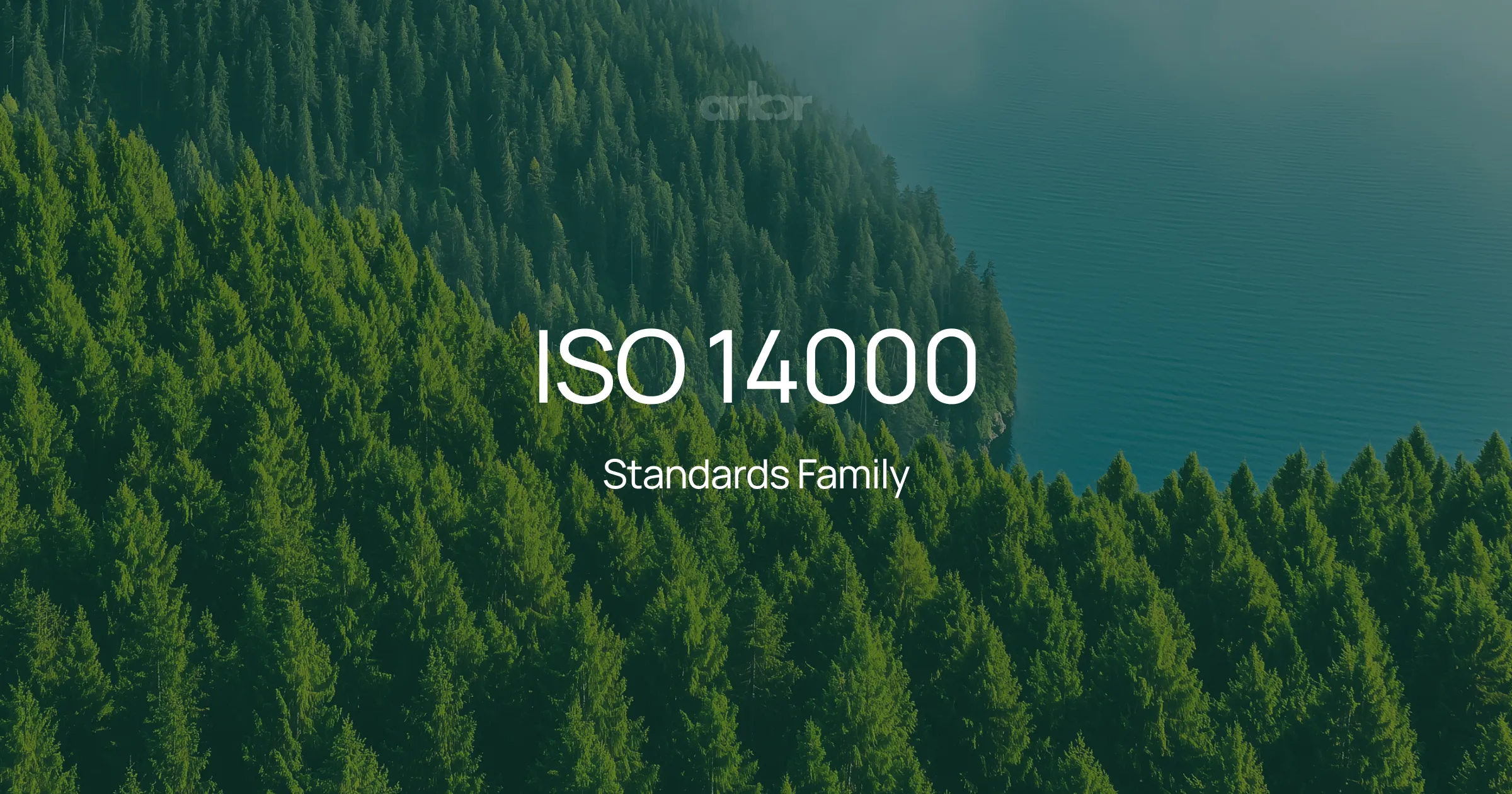
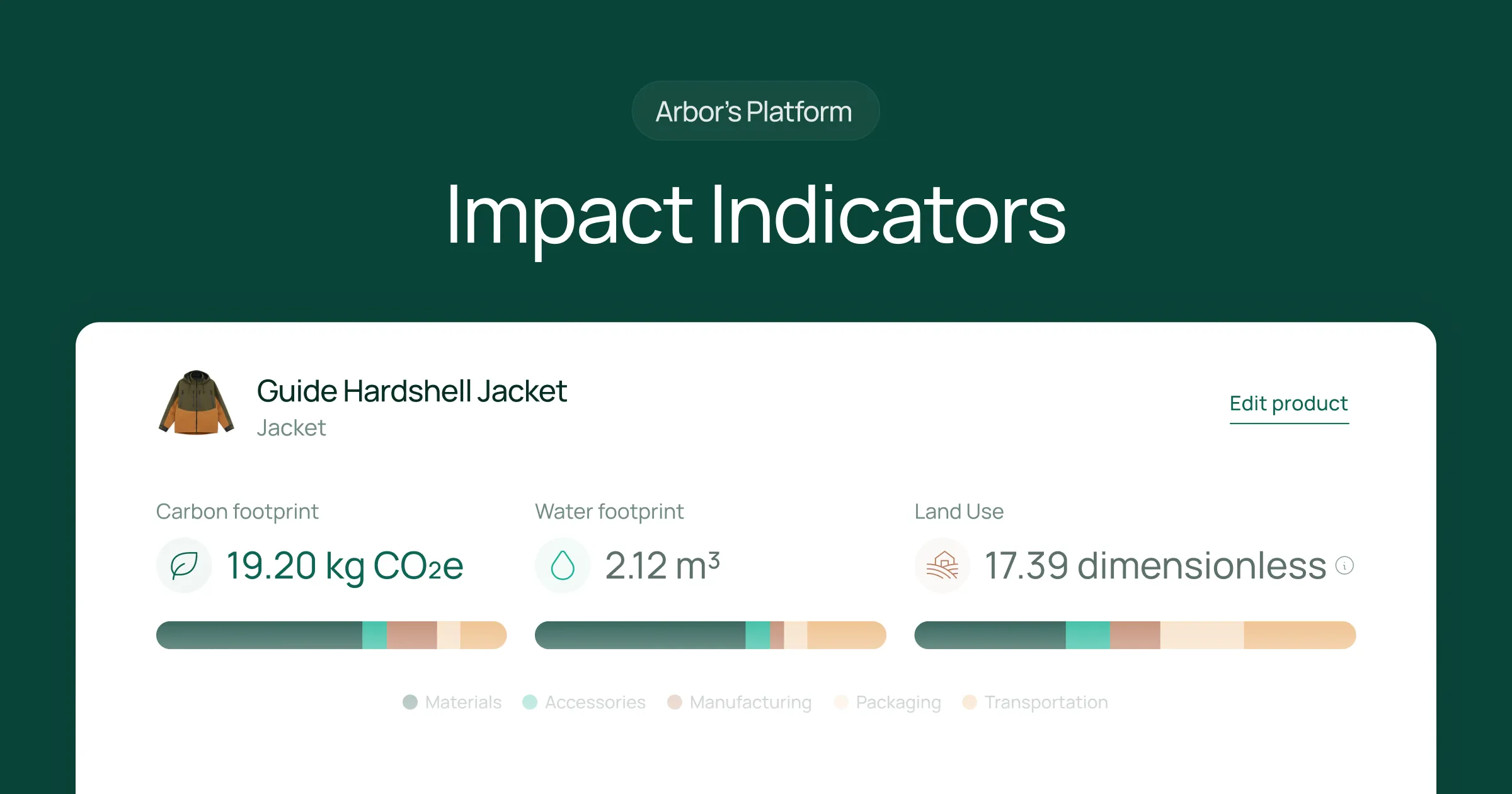
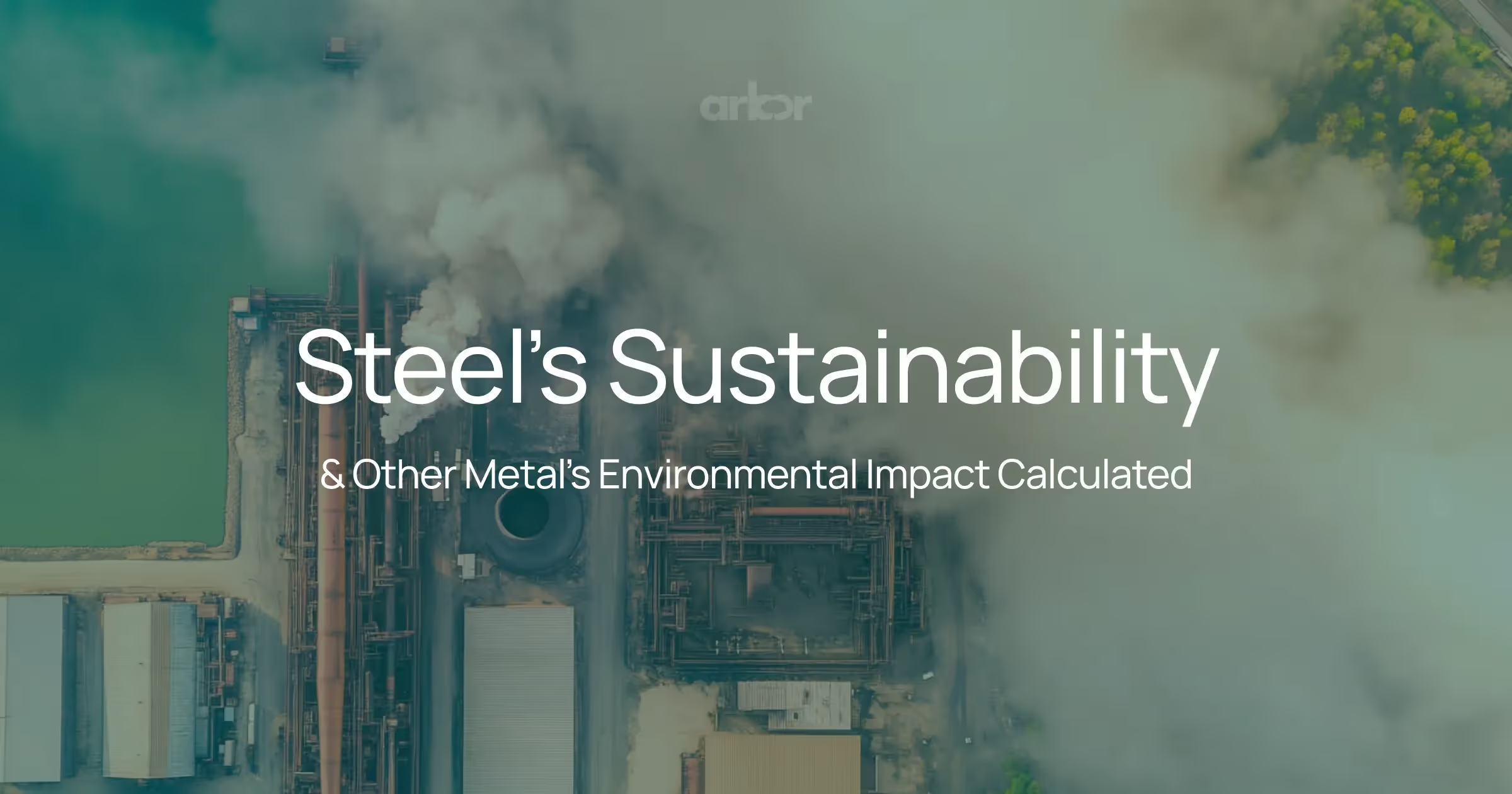

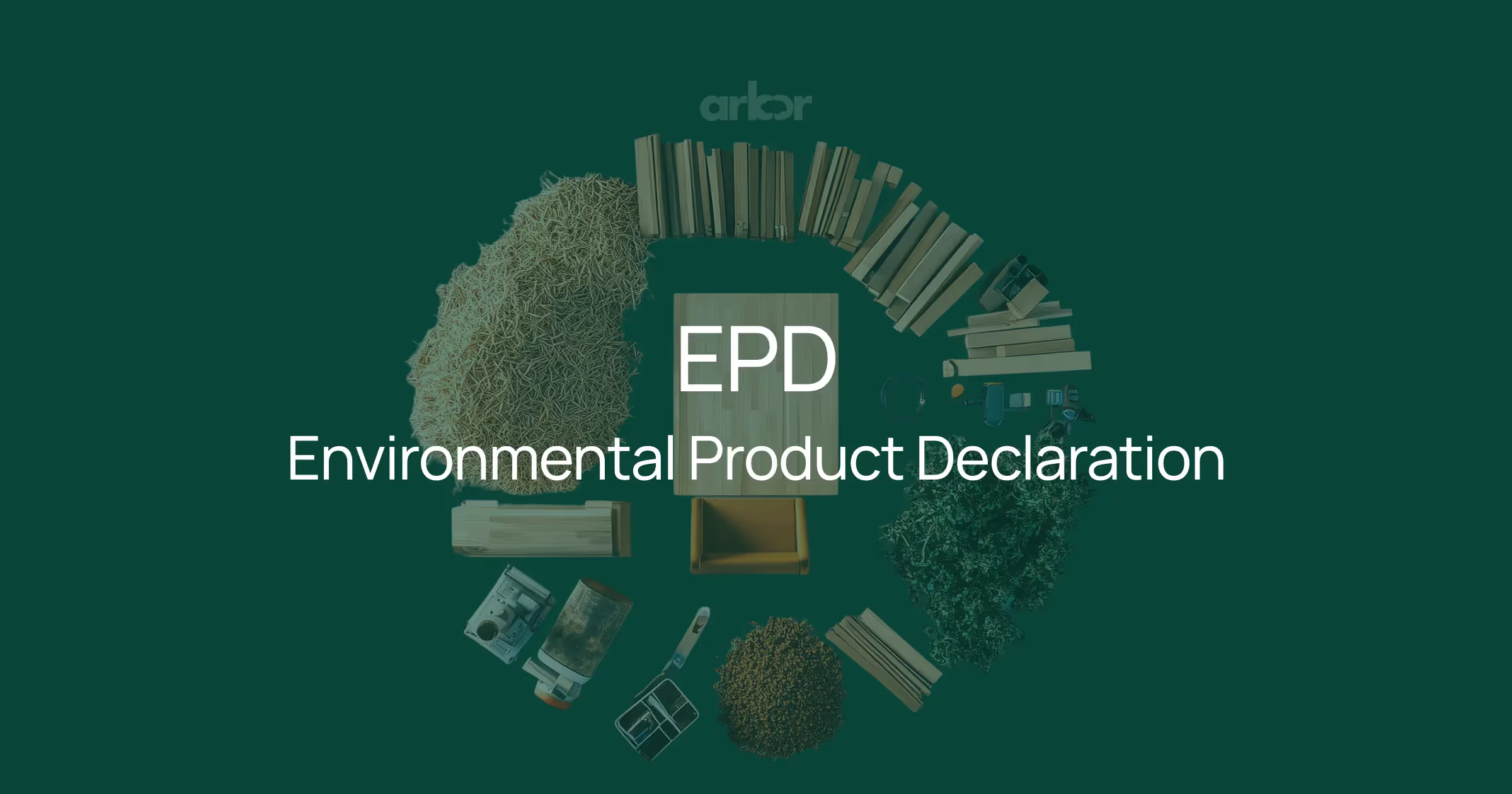

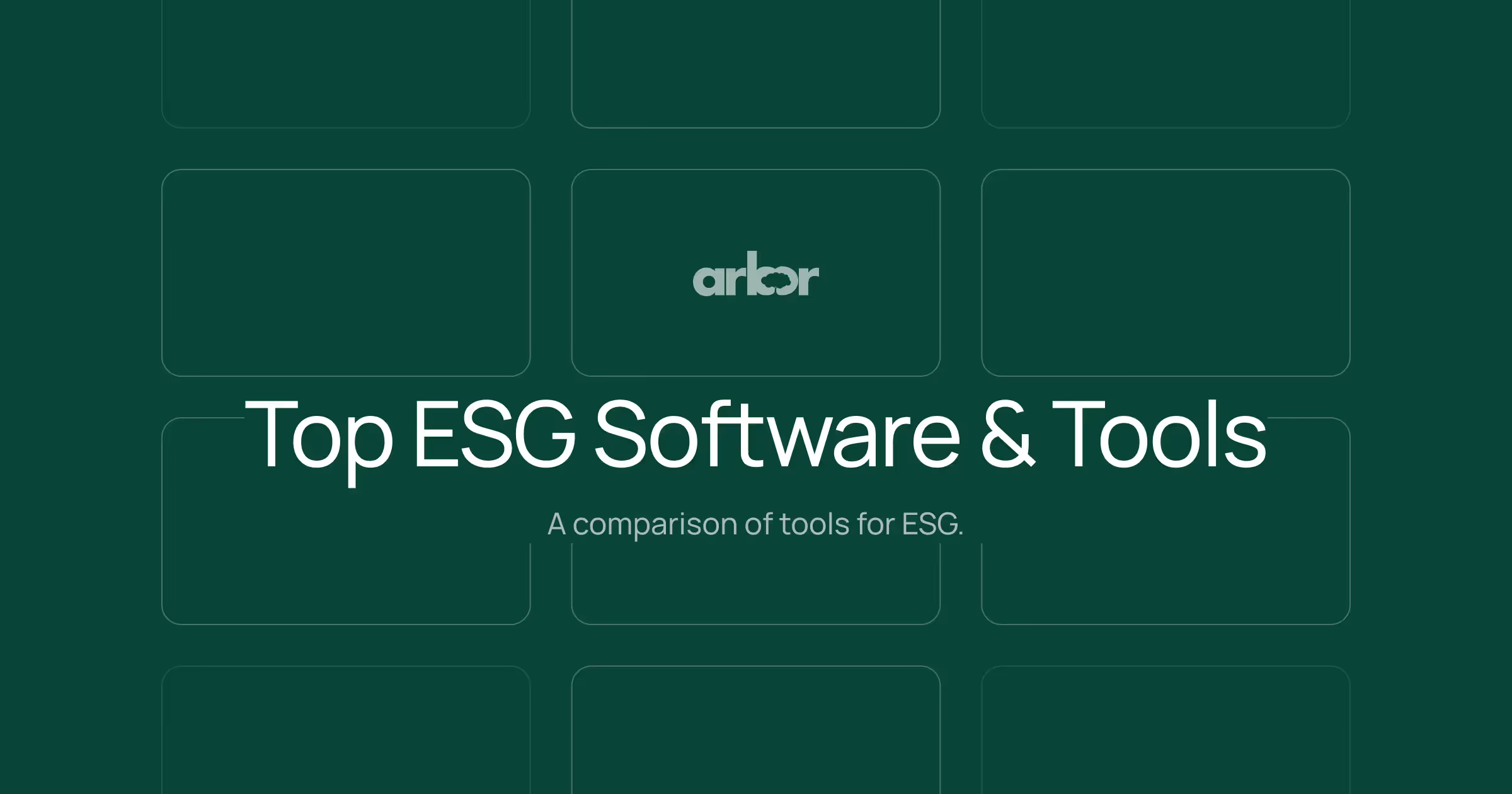

%20Arbor.avif)

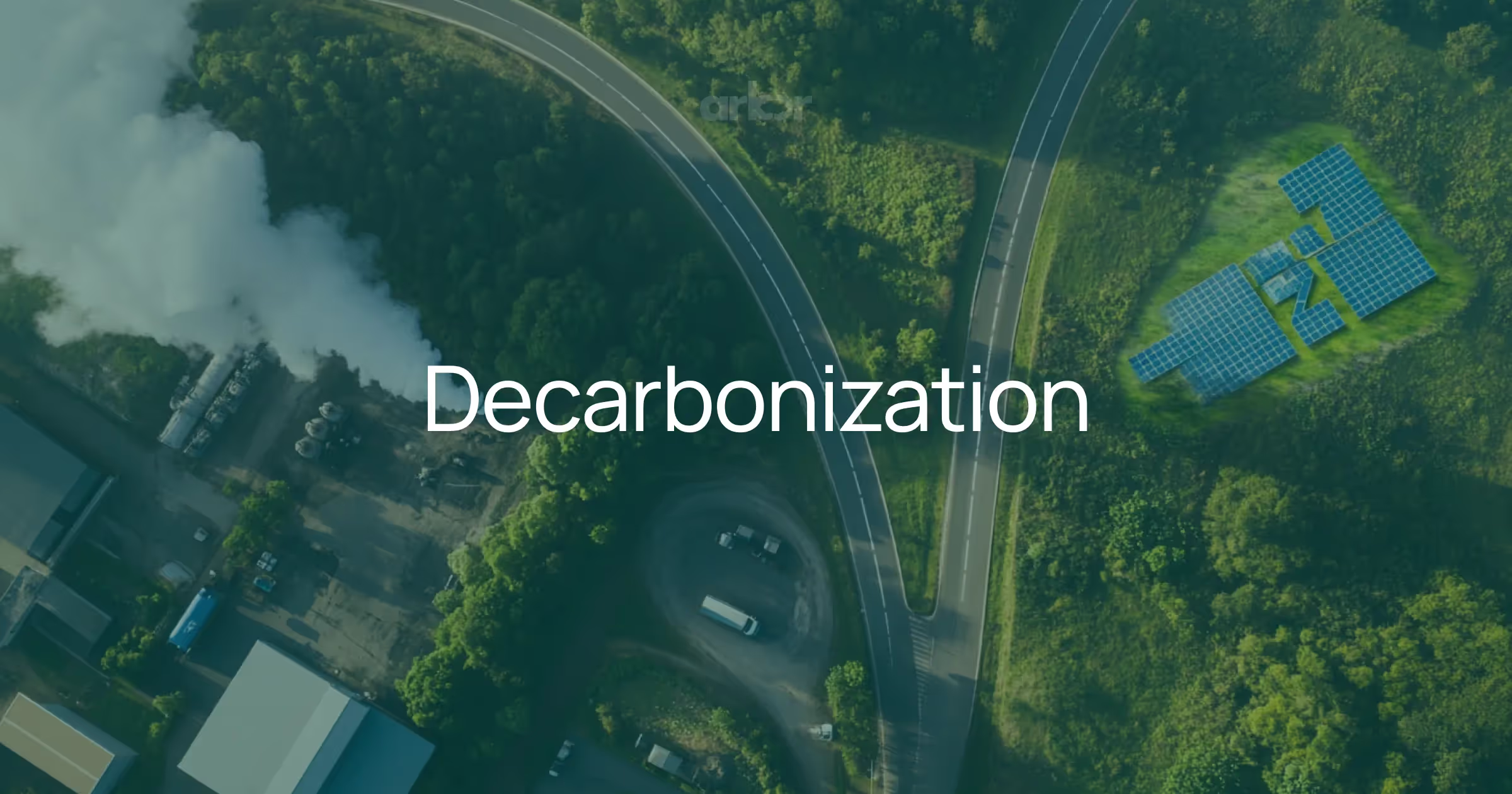



%20Arbor.avif)


.avif)
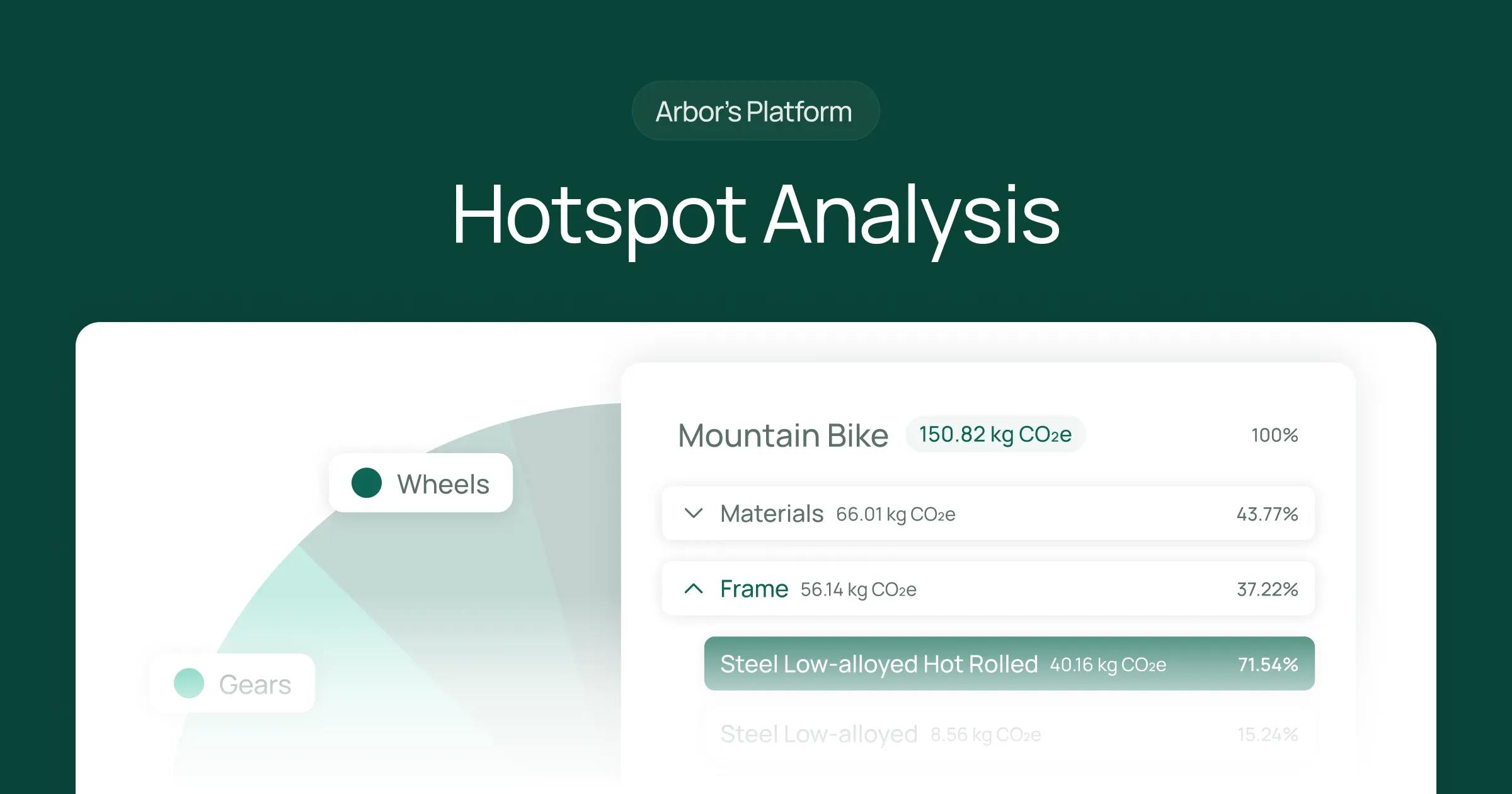

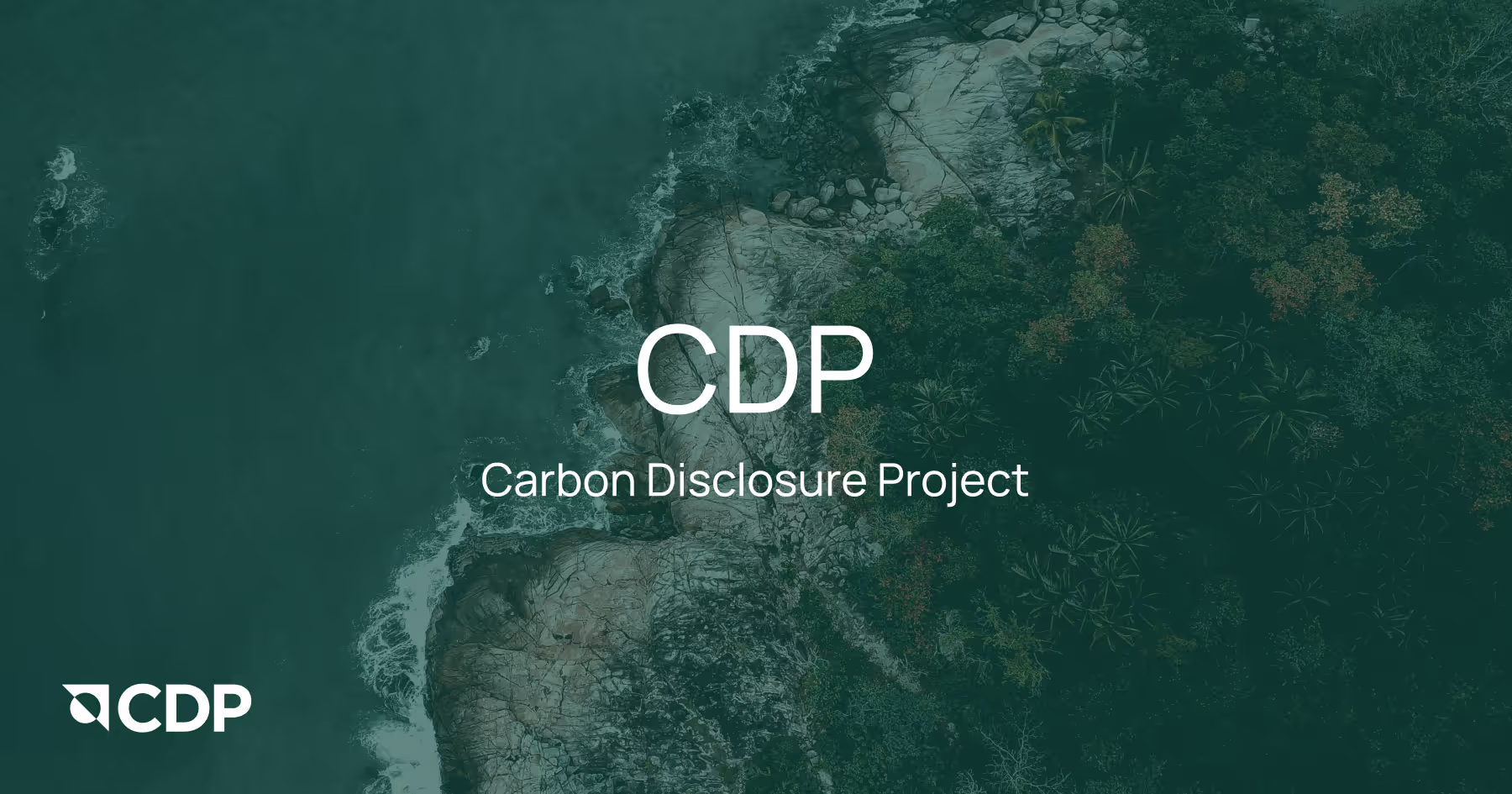
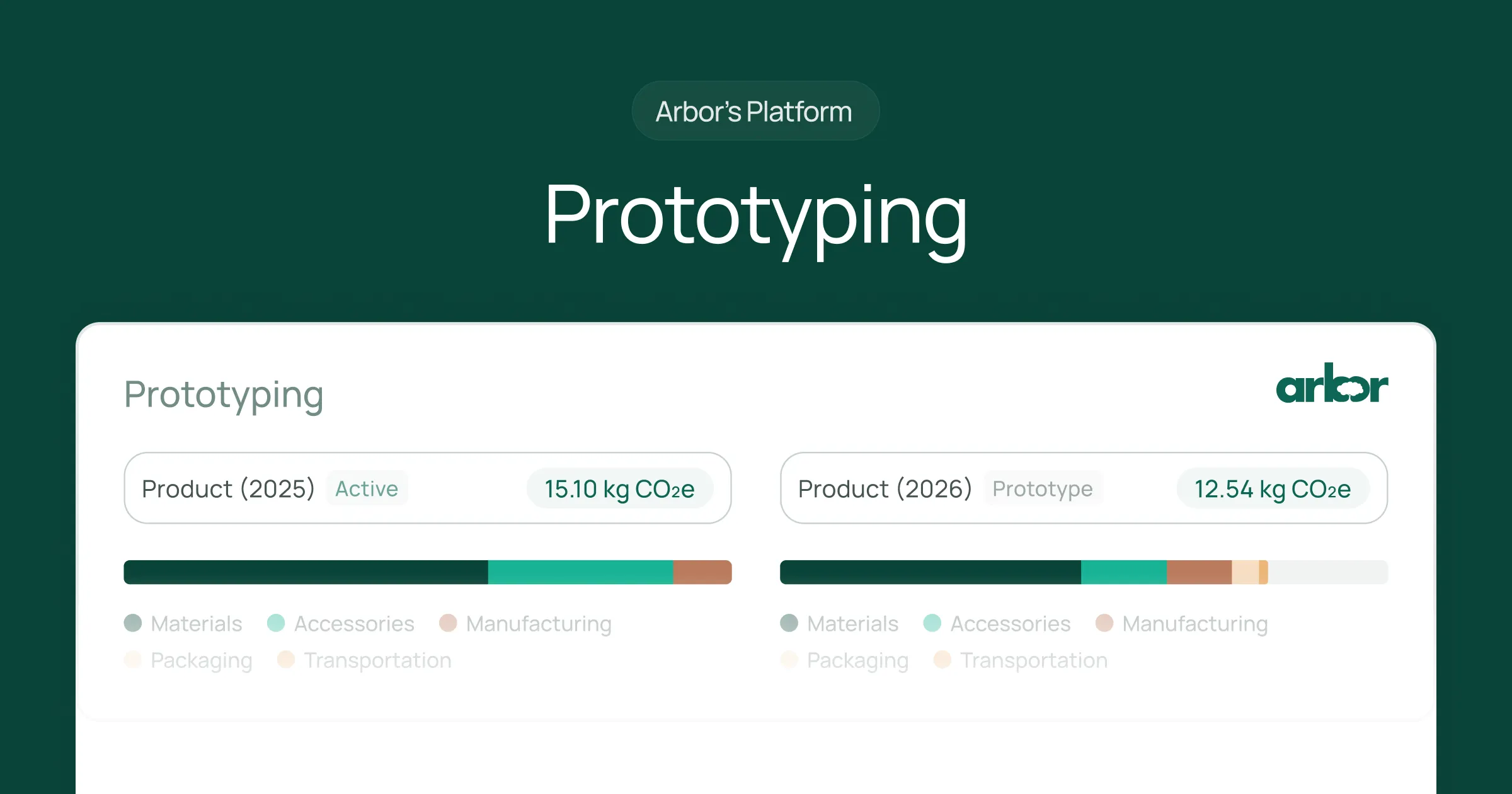

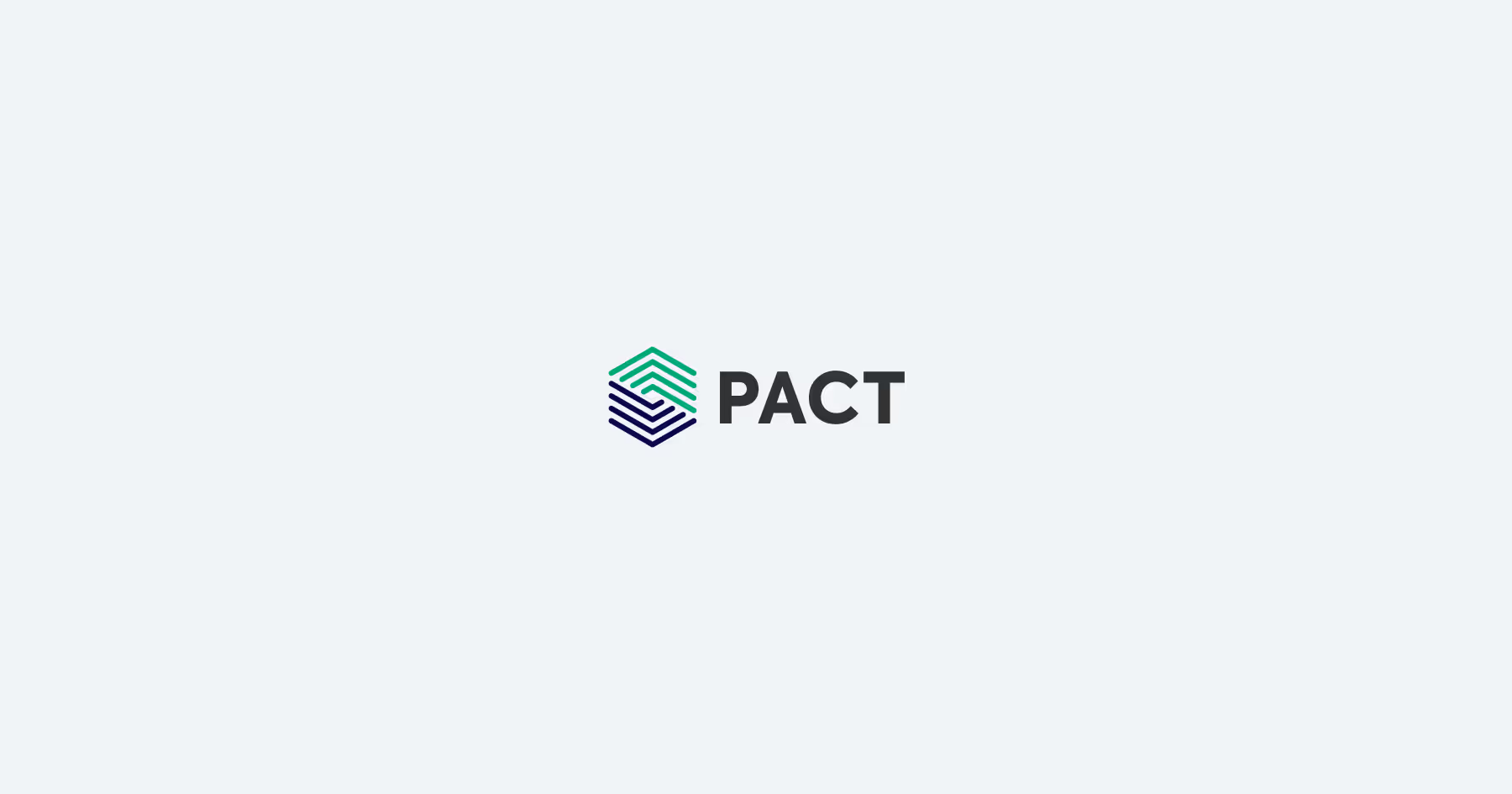
%20Arbor%20Canada.avif)
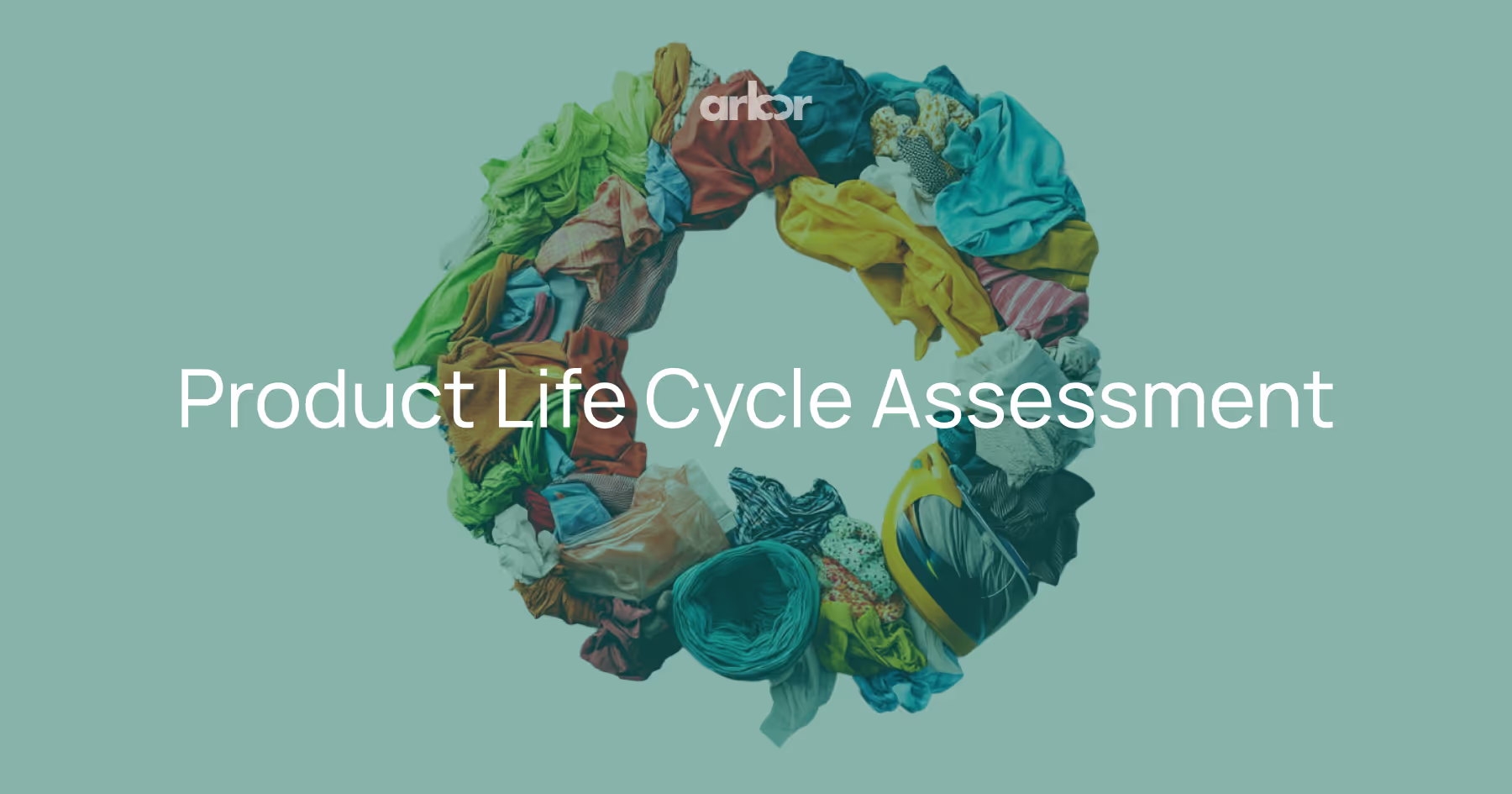
.avif)
%20Arbor.avif)
.avif)
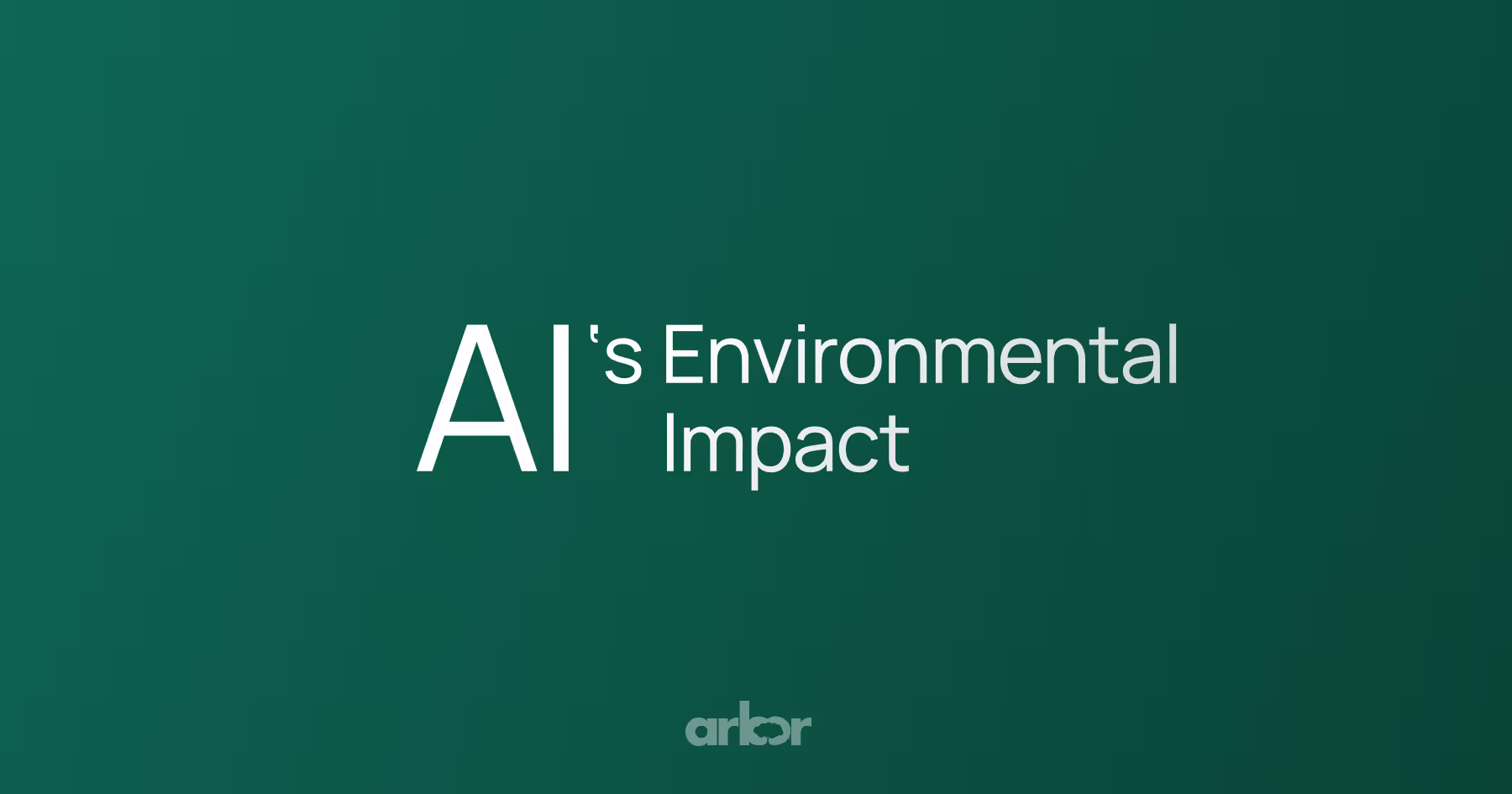

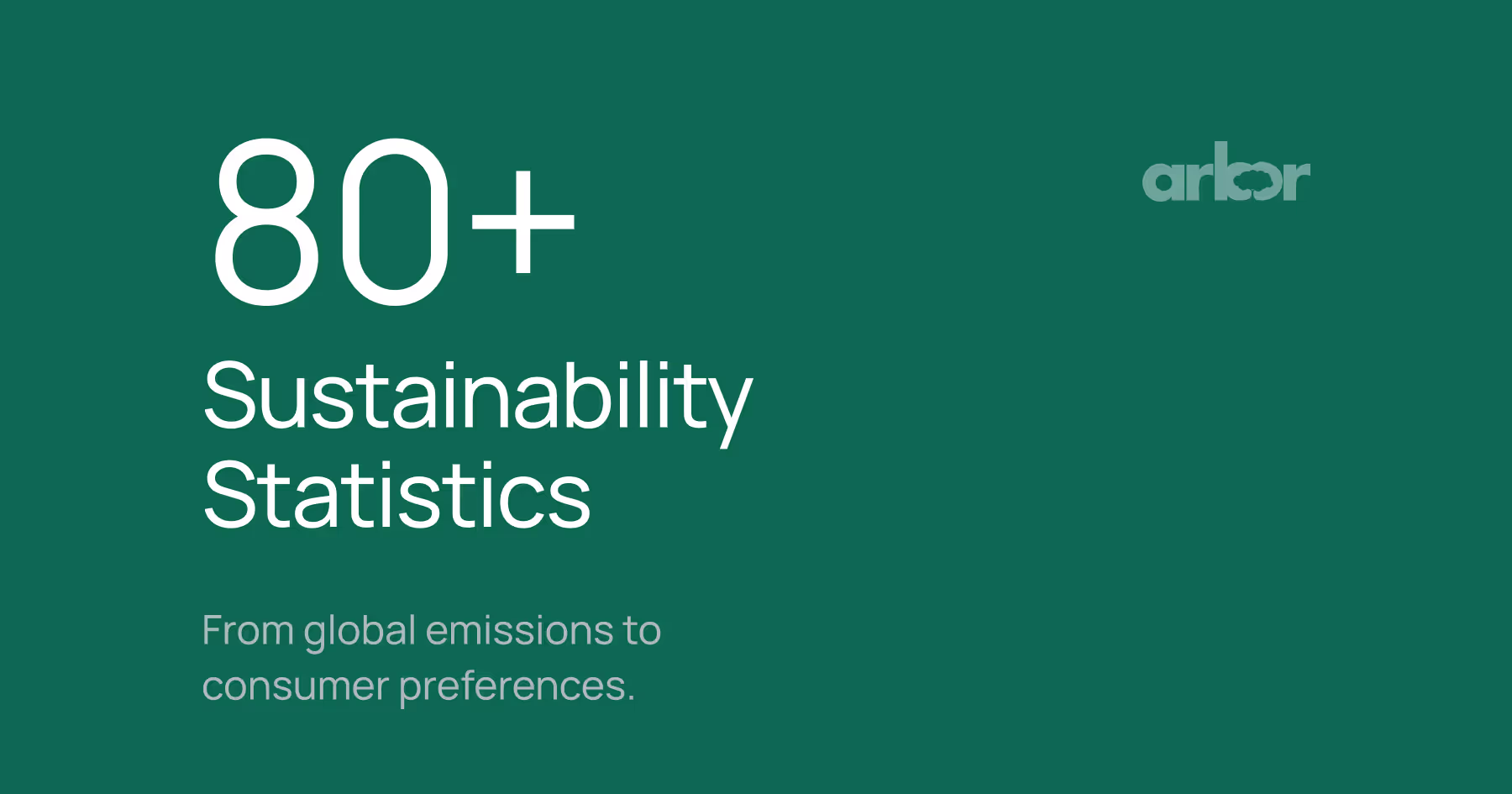



_.avif)
.avif)
%20Arbor.avif)




%20Software%20and%20Tools.avif)




.avif)
.avif)
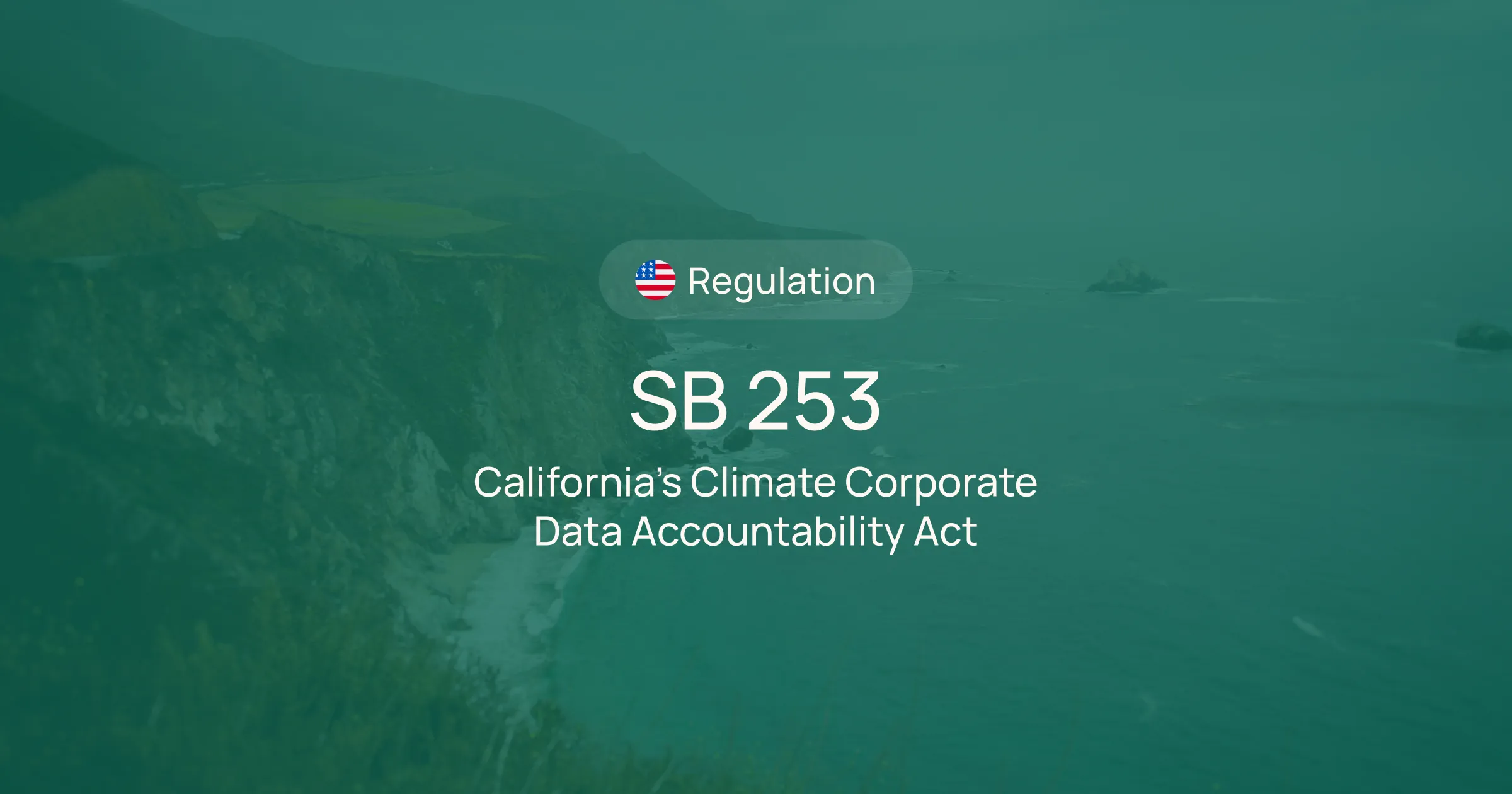



%20EU%20Regulation.avif)












.avif)


%20Arbor.avif)









_%20_%20Carbon%20101.avif)







.avif)

.avif)
.avif)










